Happy Wednesday! It was such a pleasure to meet so many of you live and in Technicolor yesterday at the inaugural Dispatch Summit! To make sure you don’t miss our next major event, consider becoming a premium member. You’ll unlock priority registration for all our events, plus three all-access annual subscriptions and ad-free podcasts.
Quick Hits: Today’s Top Stories
- President-elect Donald Trump announced Tuesday that Tesla CEO Elon Musk and former GOP presidential candidate Vivek Ramaswamy will lead a new Department of Government Efficiency (DOGE) tasked with streamlining bureaucracy and cutting spending. Trump described the effort as “potentially, the Manhattan Project of our time.”
- Trump said Tuesday he will nominate South Dakota Gov. Kristi Noem to serve as secretary of the Department of Homeland Security. Noem, who was briefly in the running to be Trump’s running mate, was elected governor in 2018 with Trump’s endorsement. If formally nominated and confirmed, Noem would lead an essential department poised to try to follow through on some of Trump’s most ambitious campaign promises, including mass deportation.
- Trump announced Tuesday evening that Pete Hegseth, a Fox News host and Army veteran, will be his nominee for defense secretary. Hegseth is the former head of Concerned Veterans for America, a group funded by the Koch brothers that is opposed to military intervention and advocates for reform to the Department of Veterans Affairs but has limited experience with senior-level national security decision-making.
- Trump on Tuesday also announced plans to nominate former Arkansas Gov. Mike Huckabee to be the U.S. ambassador to Israel. Huckabee, who is also an evangelical pastor, has been a vocal supporter of Israel and has backed Israeli claims over the West Bank in the past.
- Trump said Tuesday he planned to appoint John Ratcliffe, a former representative from Texas who served as the director of national intelligence during Trump’s first term, to be director of the CIA. Trump praised Ratcliffe’s loyalty in his announcement, saying that “from exposing fake Russian collusion to be a Clinton campaign operation, to catching the FBI’s abuse of Civil Liberties at the FISA Court, John Ratcliffe has always been a warrior for Truth and Honesty with the American Public.” Ratcliffe currently works at a Trump-aligned think tank, the America First Policy Institute.
- Justin Welby, the archbishop of Canterbury—the head of the Church of England— resigned on Tuesday after the release of a report concerning the abuse of boys and young men at church camps in the United Kingdom and elsewhere in the 1970s and ’80s. The independent review found that Welby and other bishops effectively covered up “prolific and abhorrent” physical and sexual abuse by John Smyth, a lawyer associated with the evangelical wing of the Church of England, a faction from which Welby also hails. The Crown Nomination Committee—a committee of Anglican clergy, laity, and others—will now offer the name of the preferred successor and a second choice to the prime minister so King Charles III can make an appointment.
- The Associated Press on Tuesday called the Senate race in Arizona for Democrat Reuben Gallego, who defeated Kari Lake, a Republican. Gallego, who served as a Marine in the Iraq War, is the first Latino to represent Arizona in the Senate. The win, in a state that voted for President-elect Donald Trump, sets the GOP Senate majority at 53 seats.
- A Dutch court of appeal ruled Tuesday that Dutch petroleum company Royal Dutch Shell did not have to cut its carbon emissions by 45 percent, overturning an earlier ruling. The decision comes three years after a Dutch court ruled—in a suit brought by Friends of the Earth International—that the company was obligated by a “social standard of care” to reduce emissions. It also coincides with the beginning of the 2024 United Nations Climate Change Conference, also known as COP29, in Baku, Azerbaijan.
- New York Judge Juan M. Merchan, the judge who oversaw former President Donald Trump’s criminal trial, announced on Tuesday that he would halt the proceedings—until at least November 19—in light of Trump’s recent victory in the presidential election. Merchan was set to rule on Trump lawyers’ requests to throw out his conviction due to the Supreme Court ruling earlier this year that granted presidents wide immunity from prosecution for “official acts” taken while in office. Now, Merchan is responding to new requests from Trump’s team to throw out the case in order “to avoid unconstitutional impediments to President Trump’s ability to govern.”
- Gangs in the Haitian capital of Port-au-Prince shot at a Spirit Airlines flight as it landed in the country on Monday, hitting and injuring a flight attendant on board. The Federal Aviation Administration said that U.S. airlines would be prohibited from flying to Haiti for 30 days. Haiti, which has been gripped by widespread civil disorder and gang violence after the assassination of President Jovenel Moïse in July 2021, has suffered even greater spasms of violence since the country’s transitional ruling council said Monday that it had fired Prime Minister Garry Conille over the weekend, as the government and a Kenyan-led force of international peacekeepers struggle to restore order. The new prime minister, businessman Alix Didier Fils-Aimé, was sworn in on Monday, though Conille claims his firing was illegitimate.
- The State Department on Tuesday said that the U.S. government would not limit arms transfers to Israel, after warning Israel a month ago that it would reduce military assistance if the levels of humanitarian aid entering Gaza did not increase. State Department spokesman Vedant Patel said that “we, at this time, have not made an assessment that the Israelis are in violation of U.S. law.” U.N. and German officials warned before Tuesday’s deadline that Israel was not meeting the U.S.-set targets.
- A U.S. jury on Tuesday awarded three former detainees of the Abu Ghraib prison in Iraq $42 million related to their abuse while in custody between 2003 and 2004. The plaintiffs’ lawyers successfully argued that CACI—a Virginia-based military contractor that employed civilian interrogators—was liable, even if the plaintiffs could not prove direct involvement by the company’s employees.
Taking Stock After the 2024 Election
Four years ago this week, The Dispatch held its first-ever event: two days of virtual programming in the middle of a pandemic analyzing the results of the 2020 election.
Yesterday, a week after President-elect Donald Trump’s decisive political comeback, we had the privilege of welcoming our Dispatch members to D.C. for our inaugural in-person Dispatch Summit. The day featured fascinating conversations about the state of the country and what the second Trump administration could look like with people in a position to know. Look out for many of these discussions to be released to Dispatch members in the coming days. Below is a quick recap of the day.
Reflecting on January 6 and the Future of the GOP With Mike Pence
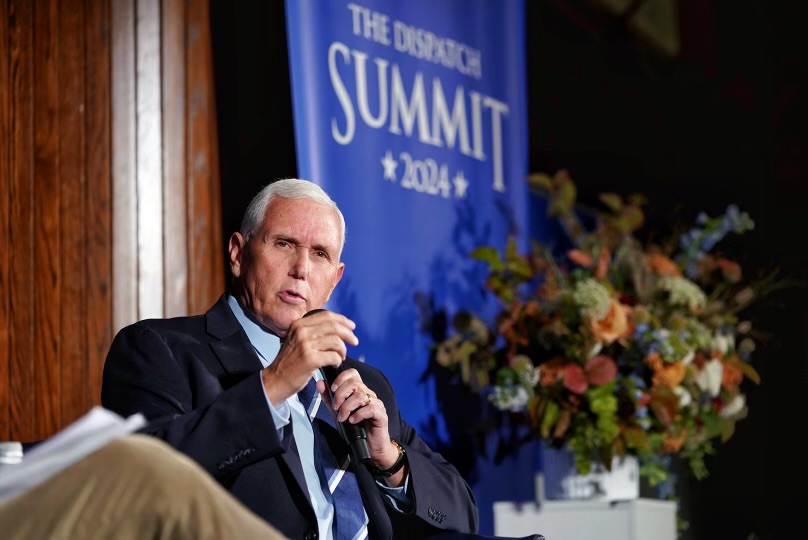
Former Vice President Mike Pence initially ignored online grumblings about a novel and baseless legal theory that would have given him the power to overturn the results of the election. “I dismissed it out of hand as a student of the American founding all my life,” Pence told Sarah and Steve. “I thought there’s maybe no idea more un-American than the idea that any one person could decide who would be elected president of the United States.”
But the idea didn’t go away in the lead-up to January 6, 2021. Former President Donald Trump seemed to believe Pence could hand him the election, and said so publicly, including at a rally in Georgia just days before. But Pence recalled that, at that event, Trump had seemed to qualify his assurances that Pence would overturn the election by suggesting his vice president always did the right thing. “I remember I shut the TV off, and I looked at Karen, and I said, ‘I think he's coming around,’” he told the crowd at the National Press Club in D.C. Those of you at home will probably be unsurprised to learn that the audience laughed heartily there.
Pence was sufficiently disaffected with his former boss that he ran for president himself in 2023, unsuccessfully challenging him for the Republican nomination. But he said Tuesday he’s glad Vice President Kamala Harris lost last week, and told Steve that he’s “very encouraged” by Trump’s early picks to join a new administration, including Sen. Marco Rubio, Rep. Mike Waltz, Rep. Elise Stefanik, and Tom Homan. Pence doesn’t believe that Trump will blow through norms and institutional guardrails around him. “I have great confidence about the future, because I think the American people are just not going to have it,” he said.
Would he support Trump pardoning people who stormed the Capitol on January 6? “While it’s conceivable to me that there are some people that were swept up in the events of that day, I don’t think the president should pardon anyone who assaulted a police officer at the United States Capitol on January 6,” Pence said.
Legal Nerdery with a Potential SCOTUS Shortlister
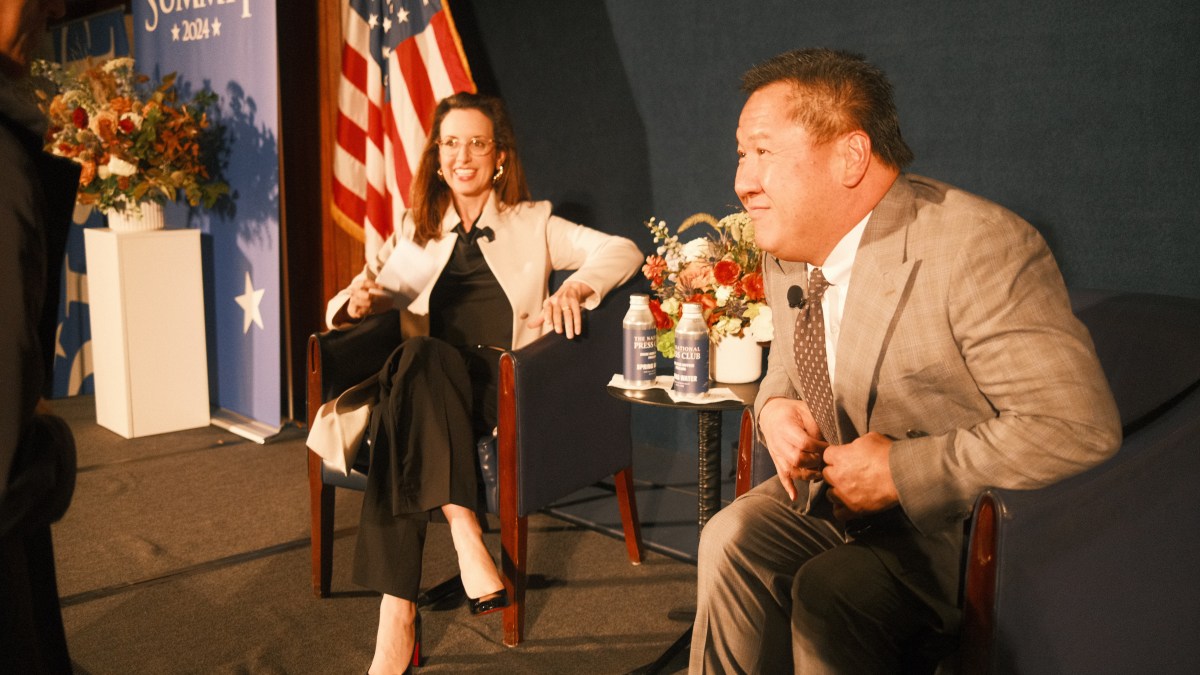
We’ll leave for the forthcoming Advisory Opinions episode most of the legal nerdery and Taylor Swift references that featured in Sarah’s interview with Judge James Ho of the 5th Circuit Court of Appeals. Ho is considered to be on the shortlist for a potential Trump Supreme Court nomination, should the opportunity arise in the next four years. “You’re not on the Supreme Court, yet,” Sarah joked during the interview.
“I’m not—let’s just leave it at ‘not’,” Ho quipped in response.
Ho has made headlines for leading a movement among some judges to refuse to hire law clerks from Yale Law School—and more recently, Stanford and Columbia—as a protest of what he and his colleagues say is the schools’ intolerance of dissenting opinions and pluralist legal debate. “We talk about Martin Luther King Jr., we talk about respecting others, even if they look different, even if they think different, even if they have different faiths,” he said. “I’m worried that we’re not only not teaching that, we’re actually encouraging the opposite, and not just generally, but in our most elite [institutions], at least the institutions that represent themselves to be training the next generation of leaders. I think what we’re training is very, very different.”
Ho also described his originalist judicial philosophy. “I try to follow the text and original understanding of whatever legal provision is before me, whether it’s a contract provision or anything else,” Ho said. “I try to do that to the maximum extent permitted by a faithful reading of governing precedent, typically Supreme Court precedent. That’s the job.” Sarah asked the judge how he thought about judicial philosophies that took into account the real-world consequences of their rulings. Such effects, he said, might prompt him to double-check his analysis, but in the end, “it has to be an originalist analysis because it’s not my job to write the rules.”
Sarah and Ho also discussed birthright citizenship, the challenge of the Supreme Court’s popular legitimacy, recent controversies regarding the future of judicial ethics, and more, which you can listen to on Advisory Opinions in the coming days.
Reflection on the Campaign
On Election Day +7, our own Declan Garvey and Mike Warren, along with the Washington Post’s Megan McArdle and Politico’s Jonathan Martin, offered their analysis of what happened and what comes next.
One clear takeaway from last Tuesday’s results is that the Harris campaign failed in its outreach to undecided Republicans and independents. “There was something holding her back from reaching out to the center,” Martin said. “If you’re going to appear up there with Liz Cheney, you’re in for a dime, in for a dollar, folks, you might as well embrace the center.”
Embracing the center would probably have involved Harris having a “Sister Souljah moment”—something she never did. McArdle argued that Harris’ failure to forcefully criticize her own side had roots in her political upbringing in California: “Her instincts are to please Democratic constituency groups because, in California, that’s how you get power,” she said. “A lot of politicians have a project and a story, and Harris didn’t have that.” She emphasized that Harris couldn’t bring herself to draw a line in the sand with any Democratic constituencies, citing her reliance on staff to discuss and explain her shifting views on issues, instead of delivering the message herself.
“Every successful modern president has in some way, shape, or form run against their own party,” Martin said. “You have to take on orthodoxies, real or perceived, in some way.”
Harris’ weakness in delivering a compelling message to centrists stood in contrast with some of the Democratic Senate candidates who held onto their seats despite an anti-incumbency bias—like Sen. Jacky Rosen of Nevada. She ran ahead of Harris in part because she acknowledged some of the failures of the incumbent Democrats. “I was in Las Vegas a couple of weeks ago, and [Rosen’s] ad is her in a grocery store, direct to camera,” Warren said. “She looks like she belongs shopping at a grocery store—it doesn’t look like it’s alien to her. And she’s talking about prices [being] too high, and all these sort of things.”
“Good candidates at a Senate level—they can buck the trend,” he concluded.
A Rare Moment of Bipartisanship
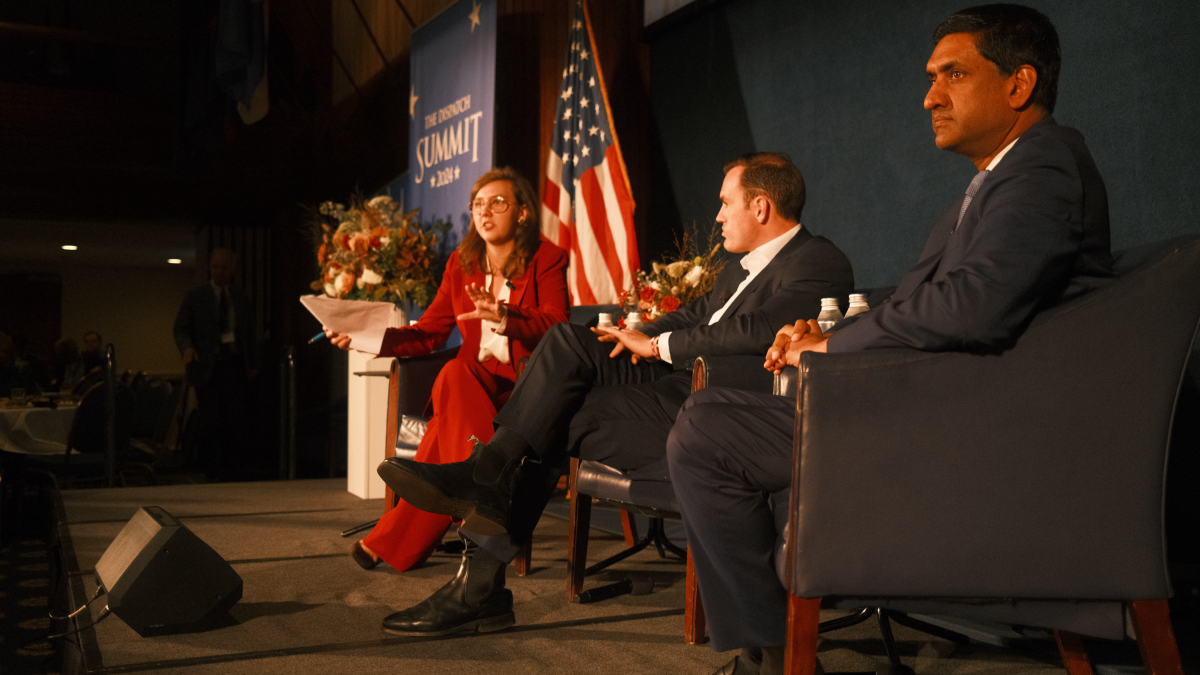
TMD’s own Mary Trimble led a panel that reached across the aisle on Tuesday, bringing together former Rep. Mike Gallagher, a Republican from Wisconsin, and Democratic Rep. Ro Khanna of California to discuss the foreign policy challenges facing the country and the next administration. And, refreshingly for Washington, they’re big fans of each other.
Both served on the Select Committee on Strategic Competition between the United States and the Chinese Communist Party, and it’s one committee where bipartisan work can still get done. Gallagher, who chaired the committee, said that when it was formed then-Speaker Kevin McCarthy told members that “if you’re interested in going out on TV and throwing bombs, there are other committees we can put you on.” May we suggest members of Congress should get this speech more often?
The upshot from that bipartisan committee work is that the next few years will be critical for U.S.-China competition. War with China over Taiwan in the next several years isn’t out of the question—especially because Chinese President Xi Jinping sees it as a personal goal. “He’ll do it if he believes it’s the one way he can accomplish his life’s mission,” Gallagher said. “Perhaps this is the one lesson we’ve learned from Ukraine, which is that if a dictator tells you they’re going to do a thing—even if it seems outlandish from a Western perspective or from a D.C. perspective—they’re operating under a different set of values and are willing to pay great costs. And their systems are less sensitive to costs and casualties than a democratic republic like ours is.”
But much depends on how the U.S. behaves now. As they described, there’s an urgent need to replenish U.S. weapons stocks, bolster the Taiwanese military, and restore U.S. deterrence. Khanna stressed that Congress needs to elevate the issue of strategic competition with China, “even if the White House is taking a different approach.”
Khanna and Gallagher also underscored how critical managing the war in Ukraine would be for the incoming administration, including as a signal to Xi in China—but what comes next is a black box. “I actually don’t know what to expect, if you look at what Trump’s actually said,” said Gallagher.
“You don’t want a situation where we’re trying to interpret the president’s latest tweet on foreign policy,” Khanna said.
The Debt Will Doom Us
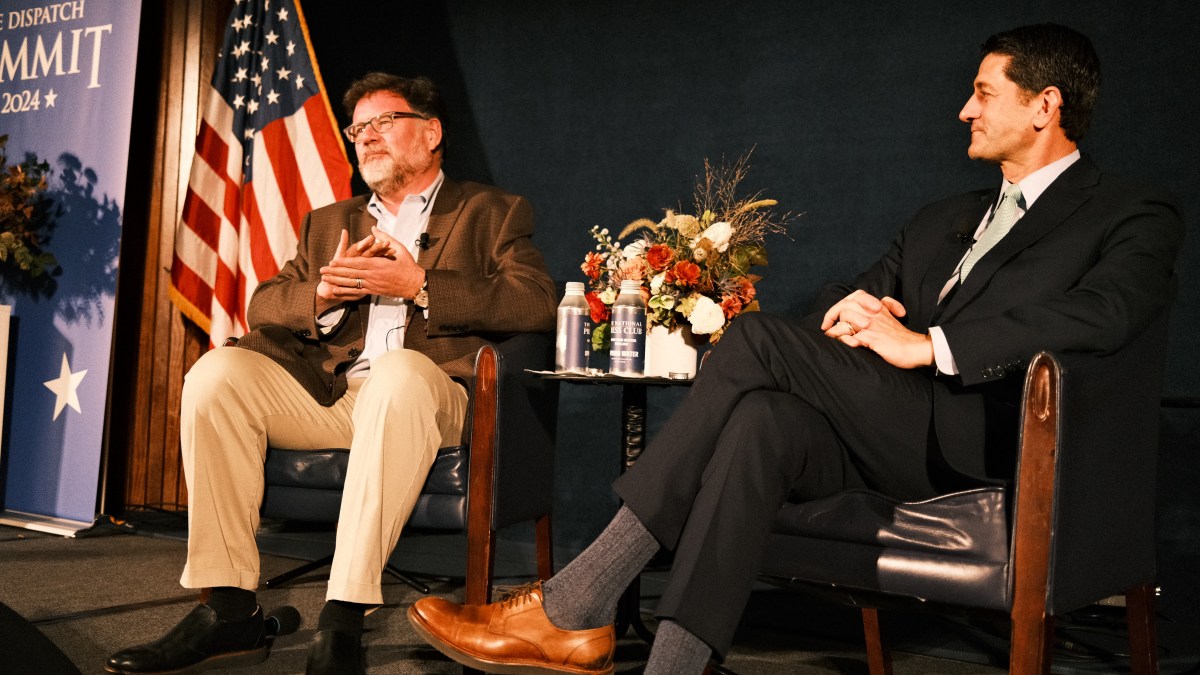
Jonah claimed yesterday that he doesn’t like to make friends with politicians, except, of course, Ben Sasse, Mike Gallagher, and Paul Ryan—with whom he spoke yesterday at the summit. The former speaker of the House is, as ever, concerned about the federal debt—but no party seems willing or able to make the changes to entitlements that would actually be necessary to fix the very real and looming problem. “If you really want to join the Pantheon—a good Pantheon—save America from a debt crisis,” he said of how Trump could put himself in the history books during his second term. But reining in the debt crisis is not “something that Trump’s historically not a big fan of,” he said.
Even with Republicans poised to hold a governing trifecta— a likely majority in the House, a majority in the Senate, and a Republican in the White House—Ryan said it’s unlikely that the GOP, once the party of fiscal responsibility, will do anything to keep the U.S. from going over the debt cliff. “I just don’t think with unified government, these slim majorities we have—you’re not going to just have one party do entitlement reform,” he said. “Because the political, obvious point the politicians will make is that it’s going to destroy us in the election—‘we’re not doing it.’”
But in his best-case scenario, Republicans would set up “a commission with teeth” to examine how to reform entitlements—more than 50 percent of annual government spending in 2023—for people who are still a long way off from retirement in order to maintain the “social contract.”
“What is the social contract? It’s this idea that we want health and retirement security for all Americans, particularly in old age, and that we want a safety net for the poor to stop them from slipping through the cracks,” he said. “And we all have strong ideas about how it should function or work, but nobody ran—Harris, Trump didn’t run against this safety net, right? They didn’t run against the social contract. So we have a remarkable consensus in this country that this thing should exist.”
Tech Innovation with Vice President-elect J.D. Vance’s Former Colleague
Our own Steve Hayes interviewed AOL founder Steve Case about how he seeks out and funds start-up companies across the U.S.—focused on places outside of coastal venture capital hubs like Silicon Valley and New York City.
“We’ve gone from the ‘startup nation’ to the leader of the free world, because we have a leading economy in the world, because entrepreneurs, first in the agricultural revolutions, then in the industrial revolution, then more recently, in the technology digital revolution, invented the future,” Case said. Nearly every city in the country benefited from the businesses driving those innovations, Case argued, but the internet revolution heralded an era where talent and economic benefits became concentrated in just a few cities.
Case started his own venture capital project more than a decade ago to bring funding—and the accompanying job creation—to dozens of cities throughout the heartland. That work connected him with Vice President-elect J.D. Vance, then just a bestselling author, whom he hired as a managing partner in 2017.
Case discussed Vance’s evolution since his venture capital days. “He’s certainly changed, he’s been public about it in terms of some of the views the past five years are quite different than some of the views he has now,” Case explained. “Our politics have become a little more about … people’s fears as opposed to their hopes, so it tends to affect in terms of some of the tones. I suspect that’s part of the reason for it.”
Vance has departed from traditional free-market economic views when it comes to government support for strategic industries and manufacturing, tariffs, and immigration. He has also praised the efforts of Federal Trade Commission Chair Lina Khan to target former Silicon Valley startups that have since become incumbent tech giants. Case said that Vance’s views here could translate to policies that boost “small tech” and “the next generation of new companies.”
But he added that Vance “understands the role venture capital plays … in job creation, and understands there are many people in many places that are not benefiting from being part of the innovation economy, and that needs to shift.”
Worth Your Time
- Substacker Noah Smith has been working through an extensive post-mortem of the Democrats’ defeat last week, and he concludes the series of posts with a detailed case that governance of once-thriving “blue cities” has become a serious liability. “The American urban renaissance is now well and truly over,” he wrote for his Substack, Noahpinion. “In the 2010s and early 2020s, many progressive cities squandered the massive windfall from the knowledge industry boom. With its seemingly invincible network effects and ever-increasing bounty of tax revenues, that boom seemed to convince progressive cities that they had infinite amounts of fiscal and social surplus to dispose of as they pleased — that they could tolerate crime and disorder, spend infinite money, and neglect the need to build new housing, and that none of this would end up mattering. That turned out to be wrong, and now the bill is coming due.”
Presented Without Comment
Business Insider: Costco Recalled Almost 80,000 Pounds of Butter Because the Labels Failed to Say It Contained Milk
Also Presented Without Comment
The Hill: Trump Rally Comedian Apologizing ‘To Absolutely Nobody’
In the Zeitgeist
We’re not sure who, exactly, was calling for a fourth Bridget Jones movie, but to that person: congratulations. You got your wish.
Toeing the Company Line
- On the podcasts: Jonah is joined by Paul Ryan for a live taping of The Remnant at the Dispatch Summit.
- On the site: Grant Mullins pans the overclassification problem and Jonah argues that mandates are stupid.
Let Us Know
Did you attend the summit? What did you think? What kind of Dispatch events would you like to see in the future?



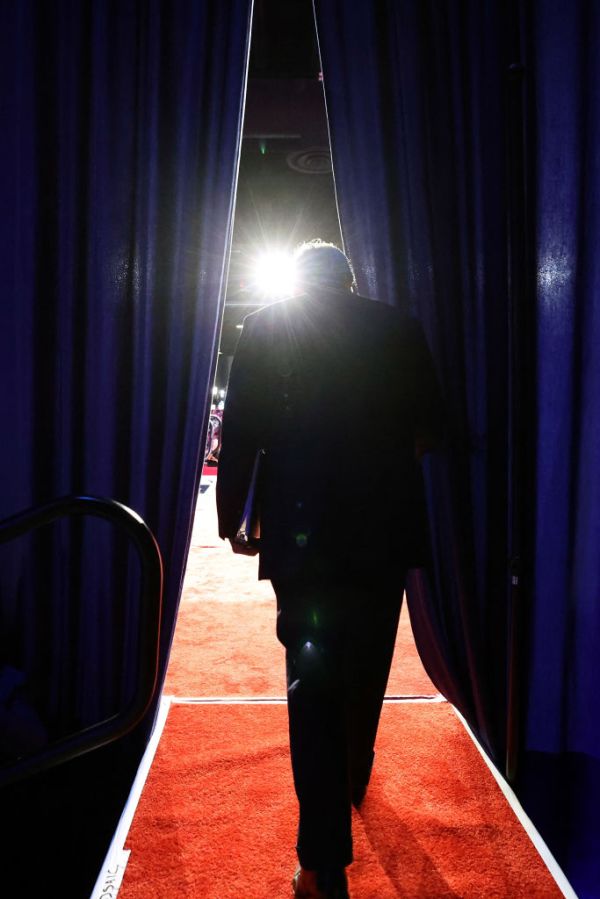
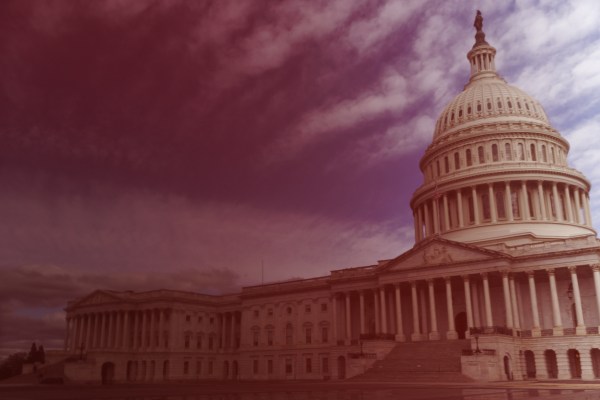
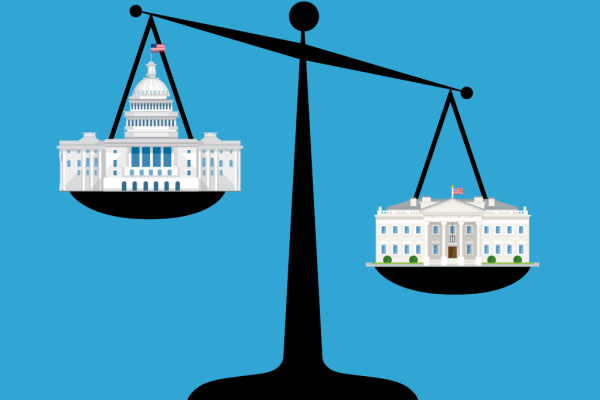

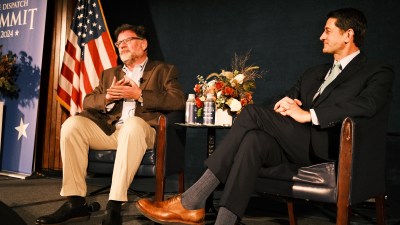
Please note that we at The Dispatch hold ourselves, our work, and our commenters to a higher standard than other places on the internet. We welcome comments that foster genuine debate or discussion—including comments critical of us or our work—but responses that include ad hominem attacks on fellow Dispatch members or are intended to stoke fear and anger may be moderated.
With your membership, you only have the ability to comment on The Morning Dispatch articles. Consider upgrading to join the conversation everywhere.